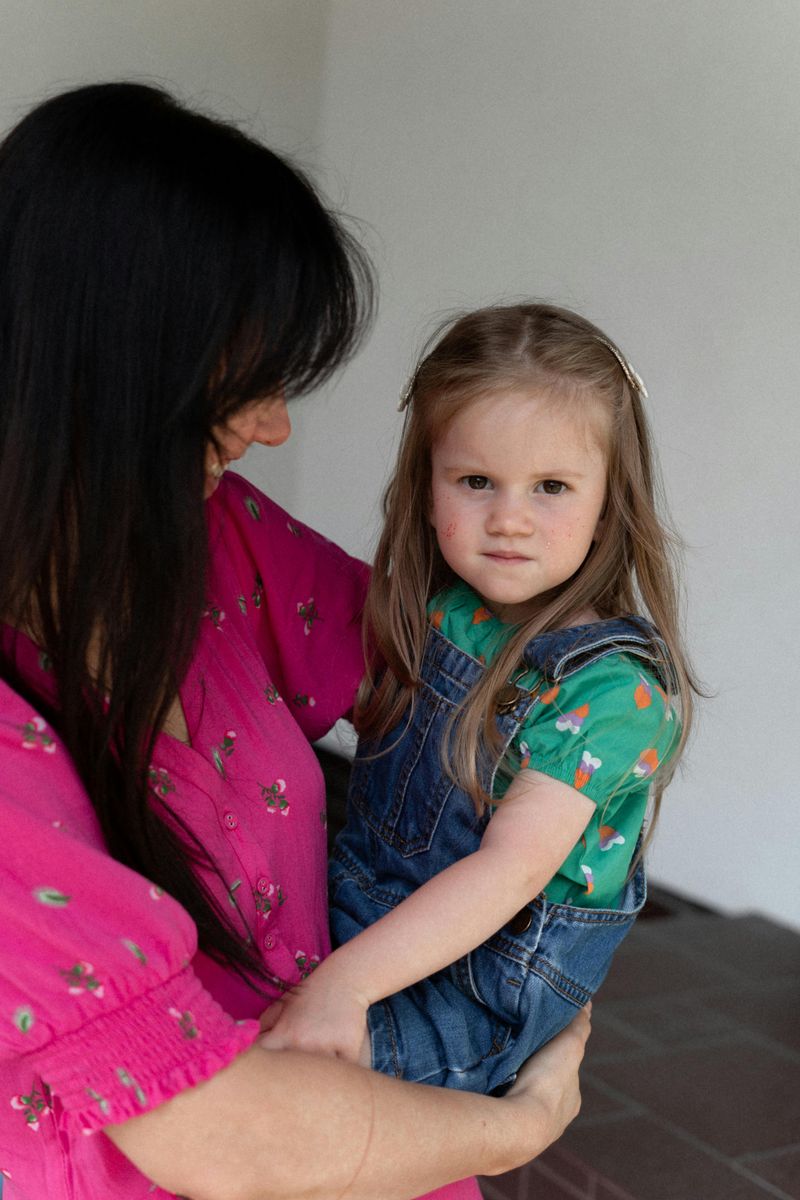These 7 Parenting Behaviors May Be Pushing Your Children Further Away

If your child seems distant, withdrawn, or hesitant to share their life with you, it might not just be a phase. It could be a sign that some of your parenting habits are creating a wedge. Here are seven subtle but powerful ways parents may be unknowingly pushing their children away—and what to do instead.
1. Constant Criticism (Even When It’s Meant to Help)

Kids thrive on encouragement, not perfection. When they hear nothing but critiques—no matter how small—it starts to feel like they can’t do anything right. This can lead to anxiety, resentment, and a constant need to seek approval elsewhere.
Even if your intent is to help them improve, relentless correction can backfire. They may begin to avoid you or hide things to escape judgment. Try praising effort, progress, and unique qualities. Choose your battles wisely and frame feedback in a way that builds confidence instead of tearing it down.
2. Emotional Unavailability

Being in the same room doesn’t mean being truly present. Children notice when you’re mentally checked out—scrolling on your phone, lost in work, or simply emotionally detached. It sends the message that they’re not worth your time or attention.
Over time, they stop coming to you with their thoughts, struggles, and joys. They may begin to seek emotional connection elsewhere, or worse, suppress their feelings altogether. Make eye contact, put distractions away, and create daily moments to truly listen. Just ten undivided minutes a day can make a huge difference.
3. Comparing Them to Others

Hearing constant comparisons can be one of the fastest ways to make a child feel inadequate. Whether it’s a sibling, a classmate, or a family friend, being stacked up against someone else diminishes their unique worth and identity.
They may begin to believe they’ll never measure up—or worse, that your love is conditional on their performance. It can create jealousy, bitterness, and emotional withdrawal. Celebrate who they are rather than who they’re not. Show them that they don’t have to be the best—they just have to be themselves.
4. Overreacting to Mistakes

Making a child feel like the world is ending every time they mess up creates fear—not accountability. When your response to a broken vase or bad grade is anger or shame, it discourages them from being honest in the future.
Kids need room to learn and fail safely. Overreactions turn simple mistakes into sources of trauma, and children may start lying or hiding things to protect themselves. Stay calm, ask questions, and use mistakes as teaching moments. The goal isn’t to punish—it’s to guide.
5. Not Respecting Their Boundaries or Privacy

What may seem like harmless involvement—checking their phone, barging into their room, or forcing them to talk—can feel deeply intrusive to a growing child or teen. Everyone, no matter their age, deserves a sense of ownership over their space and emotions.
When boundaries are ignored, kids feel powerless and misunderstood. They may begin to guard themselves more fiercely, withdrawing further. Start asking before entering their room or initiating sensitive conversations. Let them know you’re there, but that you also trust them to come to you when they’re ready.
6. Making Everything About You

Turning your child’s feelings into a reflection of your own experiences might seem relatable, but it often leaves them feeling invisible. When they open up and you respond with “That’s nothing—when I was your age…”, they’re left unheard.
This behavior can make your child feel dismissed, even if your intention is to connect. Instead, let them take center stage in the conversation. Validate their feelings without inserting your own stories every time. Sometimes, the most powerful thing you can say is simply, “I hear you. That sounds really hard.”
7. Using Guilt as a Parenting Tool

Guilt-tripping might seem like a way to teach gratitude or remind kids of your sacrifices, but it often comes off as emotional manipulation. Phrases like “After all I’ve done for you…” can breed shame rather than understanding.
Over time, children may feel emotionally burdened instead of loved. They’ll begin to associate your affection with obligation, not warmth. To strengthen connection, express your feelings honestly without the strings. Teach empathy by modeling it, not demanding it. Your child will learn to appreciate you more when love feels like a gift—not a transaction.

Comments
Loading…